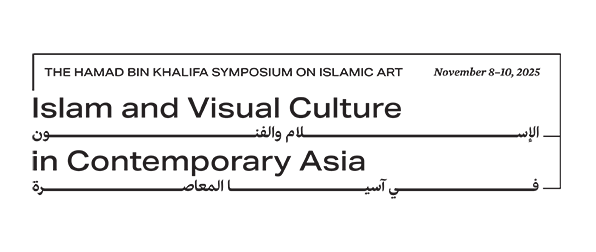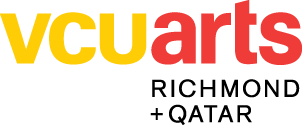Elaheh Kheirandish
Light and Dark: The “Checkered History” of Early Optics
The so-called ‘checkered history’ of a work such as The Optics of Ibn al-Haytham, one in which ‘undeserved misfortune’ is said to overlap with ‘unexpected good luck’* may be well extended to the early history of optics at large, and to the light and dark paths of the study of light itself. This presentation covers the development of optics as an early interdisciplinary study, starting from mathematical and natural studies focused on vision during ancient and medieval times, to physical and experimental studies extended to light and color in late medieval and early modern periods. It shows that the presence and absence of major works in critical times and places had notable consequences for both optics and related fields, and that it was not only what was or was not transmitted that directed the course of developments, but also
how things were transmitted. The presentation includes a multimedia timeline, consisting of entries ranging from short films on ‘when optics was more than physics,’ and micro-maps marking various times and places for both the transmission and non-transmission of specific cases, to the footpaths of major works before and beyond The Optics of Ibn al-Haytham, and the distinct nature of their respective paths and impacts in Islamic and European lands.
*(Preface to The Optics of Ibn al-Haytham: A. I. Sabra, 1989, 2 vols., v. 2, xi)
Elaheh Kheirandish is a historian of science (PhD, Harvard ’91) with a specialty in sciences in Islamic lands, and a focus on the history of mathematical and physical sciences and ‘mixed’ sciences such as optics and mechanics. Her publications include a dissertation entitled The Medieval Arabic Tradition of Euclidean Optics (published as The Arabic ‘Version’ of Euclid’s Optics, 2 vols, Springer-Verlag), and her projects range from Arabic and Persian traditions of ancient Greek sciences to the applications of advanced technologies to historical studies. She has been a lecturer at Harvard University (Departments of History of Science, Classics, Near Eastern Languages and Civilization, Freshman Seminar Program, Harvard Extension and Summer Schools) and has curated exhibits at Harvard and Brown Universities. She has received awards from The National Science Foundation and The Dibner Institute for the History of Science and Technology, and produced documentary films and plays as well as interactive maps and other multi-media work. Most recently she has been affiliated with the Department of History of Art and Architecture at Harvard University and is currently a Fellow at the Aga Khan Program for Islamic Architecture.




